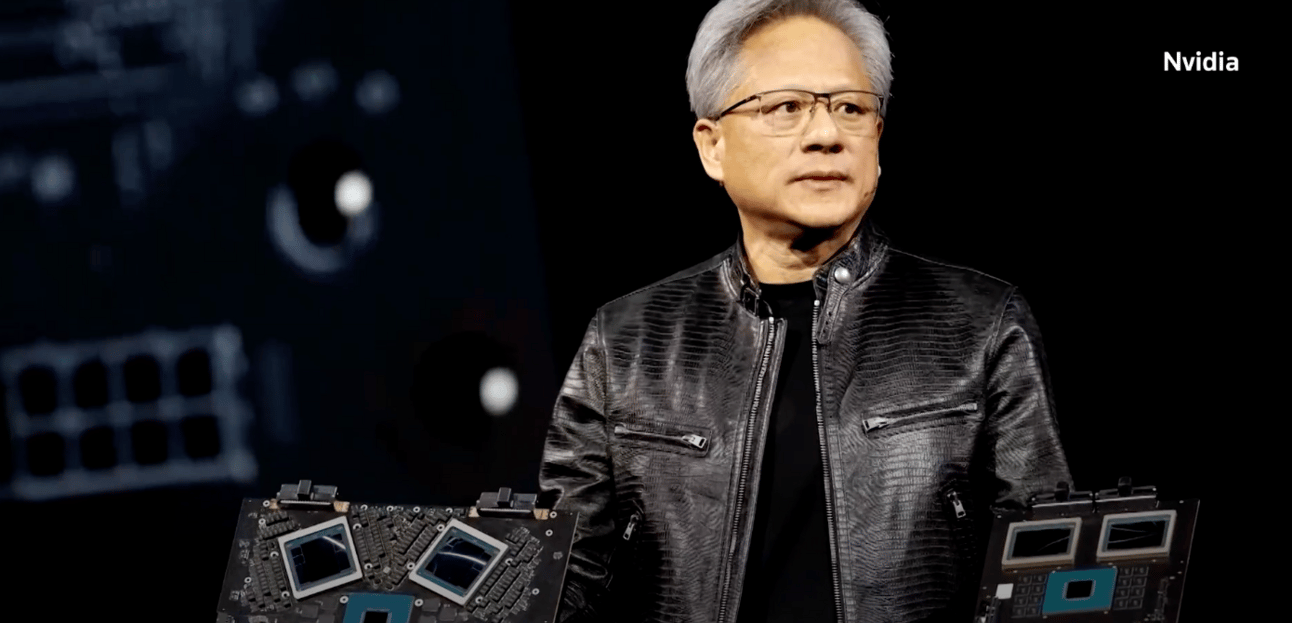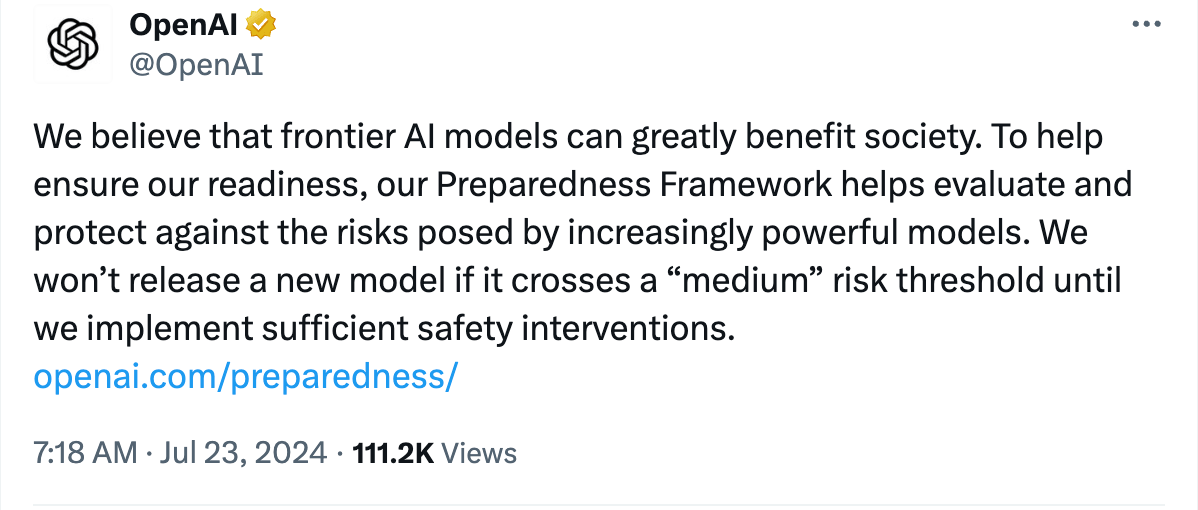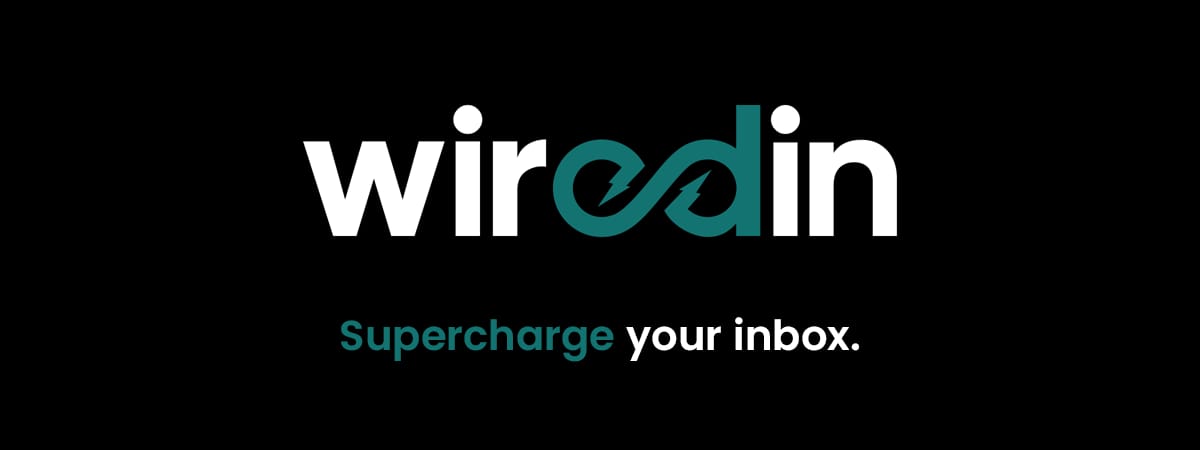- WiredIn
- Posts
- AI Power Moves: Nvidia, Cancer Breakthroughs, and Meta’s Llama 3.1
AI Power Moves: Nvidia, Cancer Breakthroughs, and Meta’s Llama 3.1
Nvidia's new AI chips for China, a breast cancer diagnostic breakthrough, and Meta's Llama 3.1 take center stage in this edition of WiredIn.
Welcome, friend.
Allow us to introduce ourselves.
WiredIn is a free newsletter on artificial intelligence, authored by seasoned software engineers, tech entrepreneurs, and investors.
Keep your finger on the AI pulse with the latest news, tools, and actionable insights.
Subscribe today to supercharge your inbox—no outlets needed.
In today’s edition:
Nvidia is developing new AI chips tailored to comply with U.S. export controls for the Chinese market.
MIT and ETH Zurich researchers have created an AI model that revolutionizes the diagnosis of ductal carcinoma in situ (DCIS), potentially reducing overtreatment and improving patient outcomes.
Meta unveils Llama 3.1, an open-source AI model that outperforms OpenAI’s ChatGPT and promises advanced capabilities and innovation in the AI space.
Get ready to plug into the week's latest AI news and trends.
LET’S WIRE IN
AI IN GLOBAL TECHNOLOGY

Image Source: Nvidia
Nvidia’s Strategy for China
Nvidia is developing a new version of its flagship AI chips, tailored for the Chinese market to comply with U.S. export controls.
The TL;DR
New Specs: Dubbed the "B20," these chips, part of the Blackwell series, boast a zippy performance—30 times faster than previous models for specific tasks. Expect these chips to hit the market in Q2 2025, with some help from Chinese distributor Inspur.
Regulatory Juggling Act: With the U.S. tightening export controls to prevent advanced tech from aiding China's military, Nvidia is strategically adjusting. Despite early challenges, Nvidia’s H20 chips are now seeing strong sales in China, with over 1 million units expected to sell this year.
Market Sparks: China remains a crucial market for Nvidia, now accounting for 17% of its revenue, down from 26% due to sanctions. Nvidia’s stock rose by 1.4% following the news.
Global Chip Chess
The U.S. continues to rally allies like the Netherlands and Japan to clamp down on chip exports to China.
Meanwhile, the Biden (?) administration is eyeing new guardrails around advanced AI models, which could shake up the semiconductor game globally.
Stay tuned as we keep you wired into the latest developments in the tech world!
AI IN HEALTHCARE

Source: Pexels
MIT & ETH Zurich’s AI Breakthrough in Breast Cancer Diagnosis
Researchers from MIT and ETH Zurich have developed a groundbreaking AI model that accurately identifies the stages of ductal carcinoma in situ (DCIS), a preinvasive breast cancer.
This new method uses easily obtainable breast tissue images, making it a cost-effective and efficient tool for clinicians.
How It Works: The AI model analyzes the state and arrangement of cells in tissue samples using one of the most extensive datasets of its kind. The model has shown strong agreement by comparing its predictions to pathologist evaluations, streamlining diagnosis and allowing clinicians to focus on more complex cases.
Staying Current: This innovation could significantly reduce overtreatment in DCIS patients by providing a scalable, accurate, and cost-effective diagnostic tool. Researchers believe this AI model, published in Nature Communications, could also be adapted for other types of cancer and even neurodegenerative diseases.
And yet, another victory for AI in oncology!
AI IN TECHNOLOGY

Source: Ai.meta.com
Zuckerberg’s AI Takes Aim at Altman
Meta has unveiled Llama 3.1, an open-source AI model that claims to outshine OpenAI’s ChatGPT.
The Details
Mark's Specs: According to Meta, Llama 3.1 offers top-tier capabilities in general knowledge, math, tool use, and multilingual translation. It also boasts a longer context length, enhancing its ability to summarize long-form text, assist in multilingual conversations, and help with coding.
Meta’s Vision: Zuckerberg believes Llama 3.1 will “ignite” new workflow efficiencies and surpass ChatGPT as the most used AI assistant by year-end. Meta is committed to open-source AI, aiming to boost productivity and innovation while avoiding the pitfalls of closed models.
A Competitive Edge: Llama 3.1 has been rigorously benchmarked and tested, reportedly holding its own against heavyweights like GPT-4 and Claude 3.5 Sonnet. Meta’s open-source stance aims to democratize AI development and create a broad ecosystem of compatible tools.
OpenAI’s Response

Image Source: Twitter.com
Despite Meta’s flashy debut, OpenAI isn’t rushing to respond. Altman is focused on safety, emphasizing that OpenAI won’t release new models without robust safety measures.
Stay Current
Will Llama 3.1 truly become the top AI assistant, or will OpenAI’s next move change the game? Stay plugged into WiredIn for more updates as the AI feud heats up!
Till Our Next Circuit Connects
We look forward to supercharging your inbox. Stay wired for our next edition, and thank you for subscribing!
— The Plug
